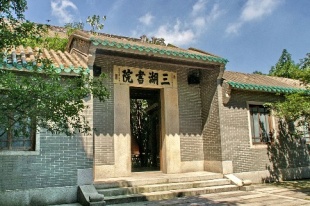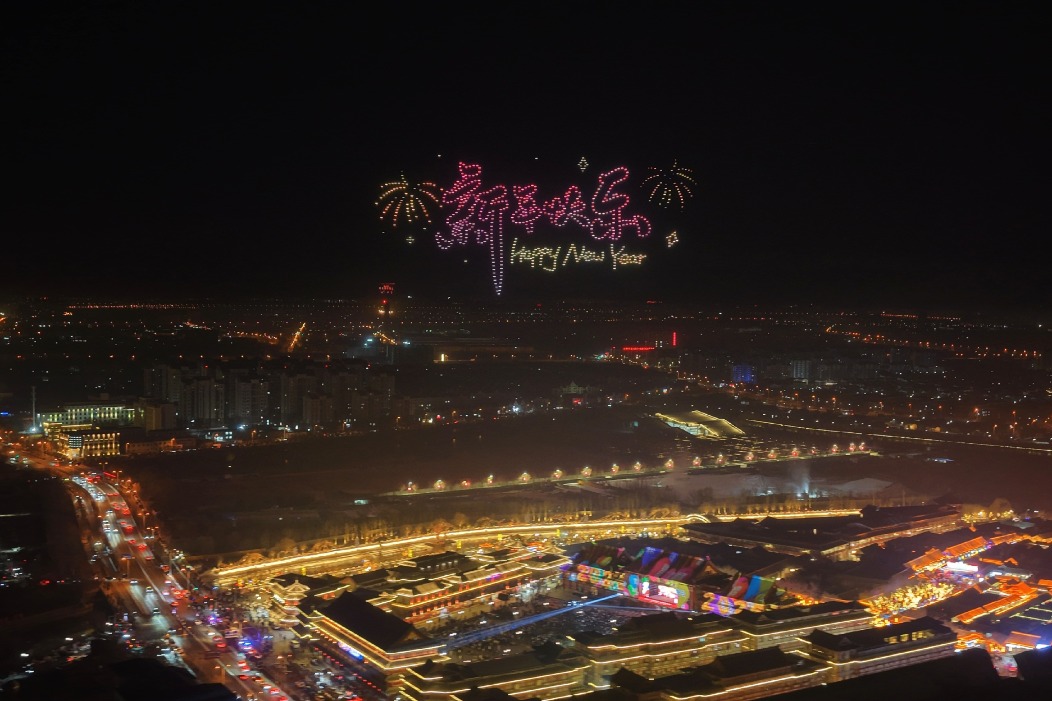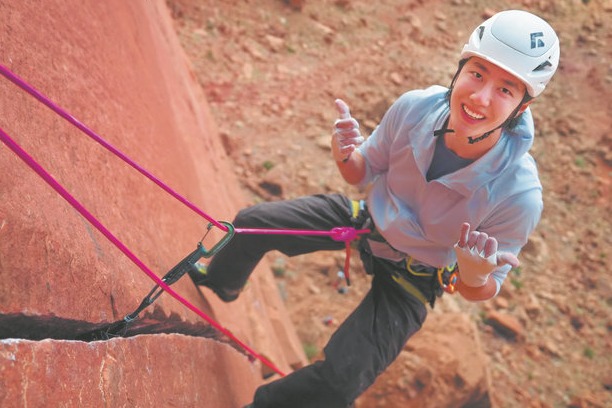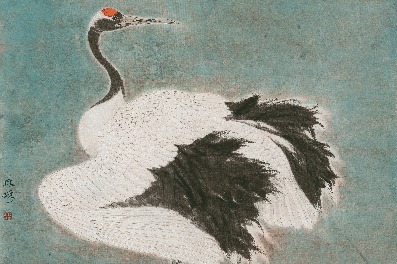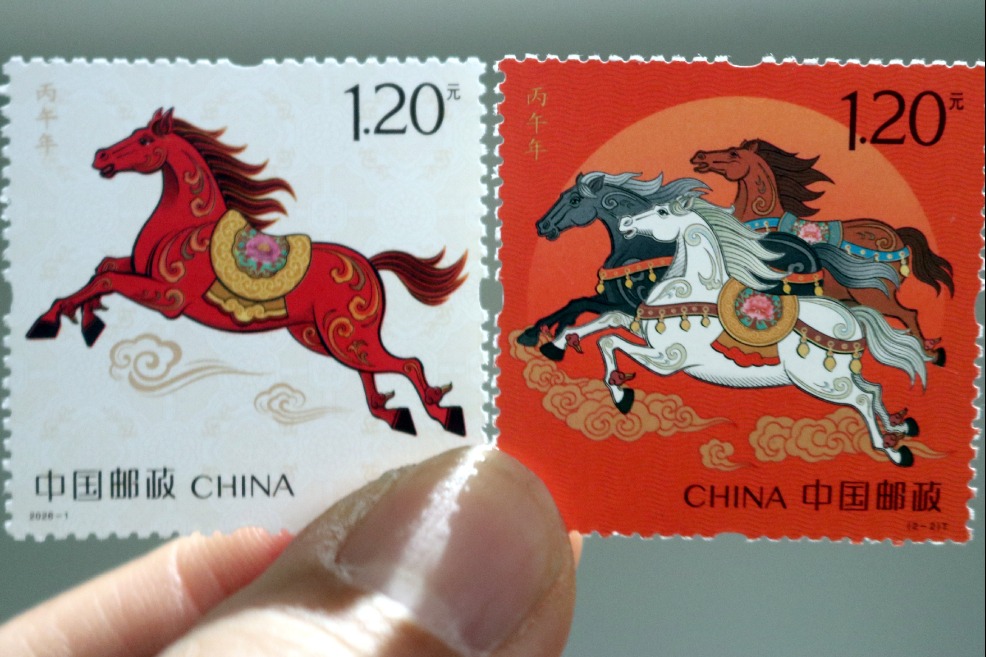Xiqiao Mountain: Hub for learning philosophy

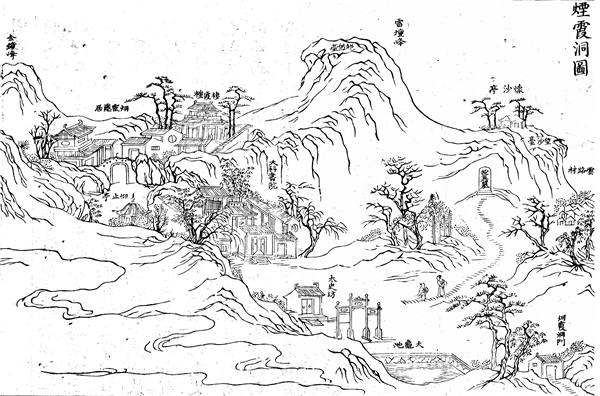
"He trained at the academy and studied traditional Chinese philosophies before later absorbing Western thinking in Hong Kong," Ren explains.
After the Sun Yat-sen University established the research institute on Xiqiao Mountain in 2011, the glory of the past appears to have returned. The academy where Kang once studied has been rebuilt and the architectural remnants of an academy from the Ming Dynasty have been listed as items of key cultural heritage.
Ren introduces weekly lectures promoting traditional culture at the academy to tourists visiting Xiqiao Mountain and local elementary and high school students. His institute plans to publish more easy-to-read textbooks on lixue, in a bid to revive the tradition.
"It's just like the time of Zhan," Ren says. "It's a good thing for kids to become exposed to traditional Chinese culture in the early stages of their education."
"No matter where you walk on the streets of Beijing, Guangzhou, Taipei, Tokyo or Seoul, you will find that the interests of young people today are fundamentally similar," says Huang Yi-long, a history professor from Taiwan Tsinghua University.
"However, when the notion of traditional culture is revived among them, differences do become apparent."
Huang praises the boom on the Chinese mainland for the revival of interest in the philosophy, especially at a time when education authorities in Taiwan have been cutting texts about traditional Chinese culture from school syllabuses.
"Academic institutions, colleges and governments need to better cooperate and offer guidance to the public," he says. "There have been some good attempts at this at Xiqiao."
Contact the writer at wangkaihao@chinadaily.com.cn

